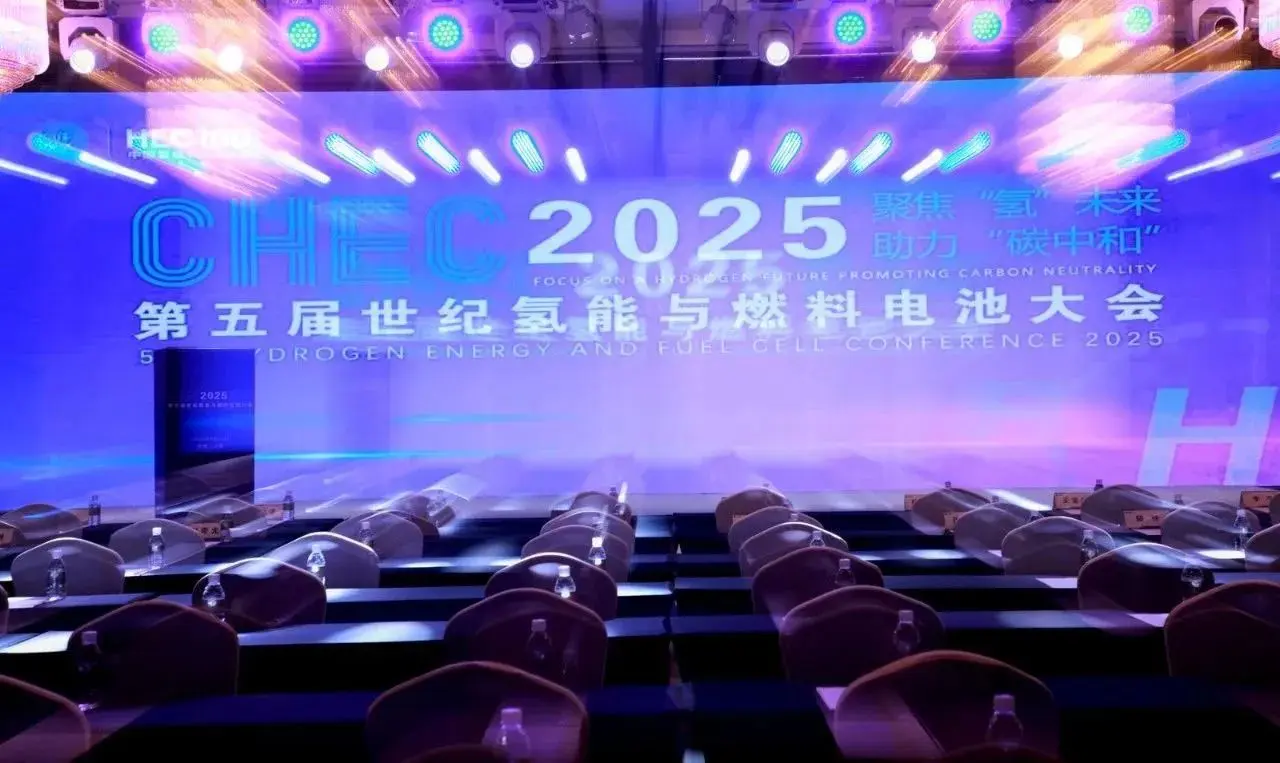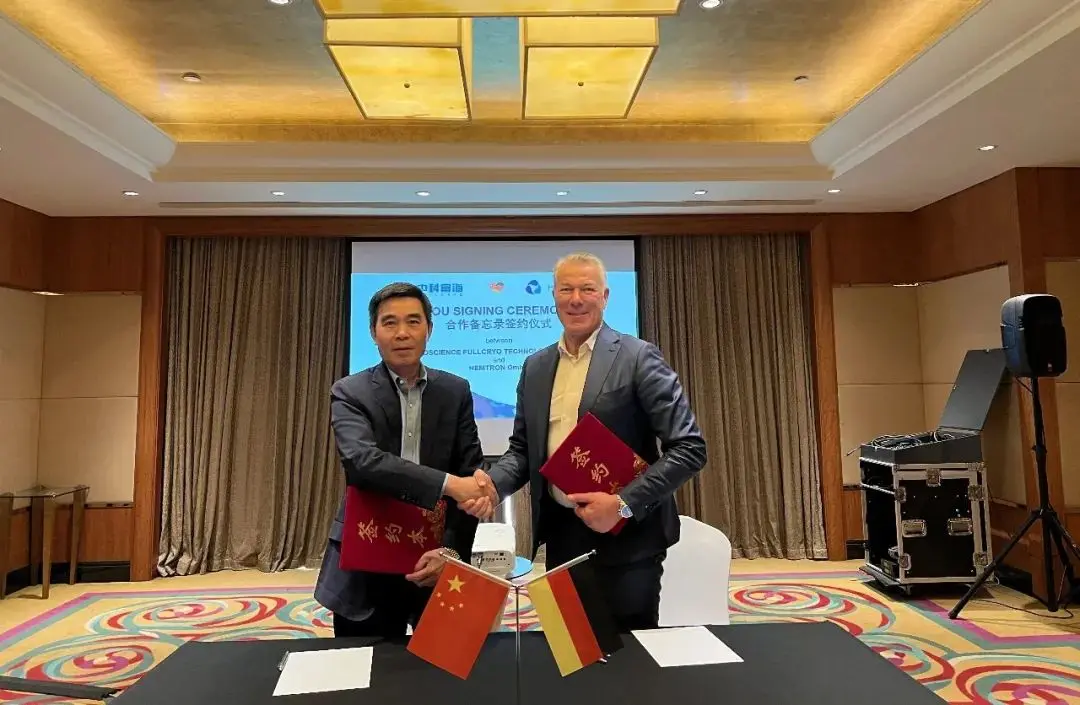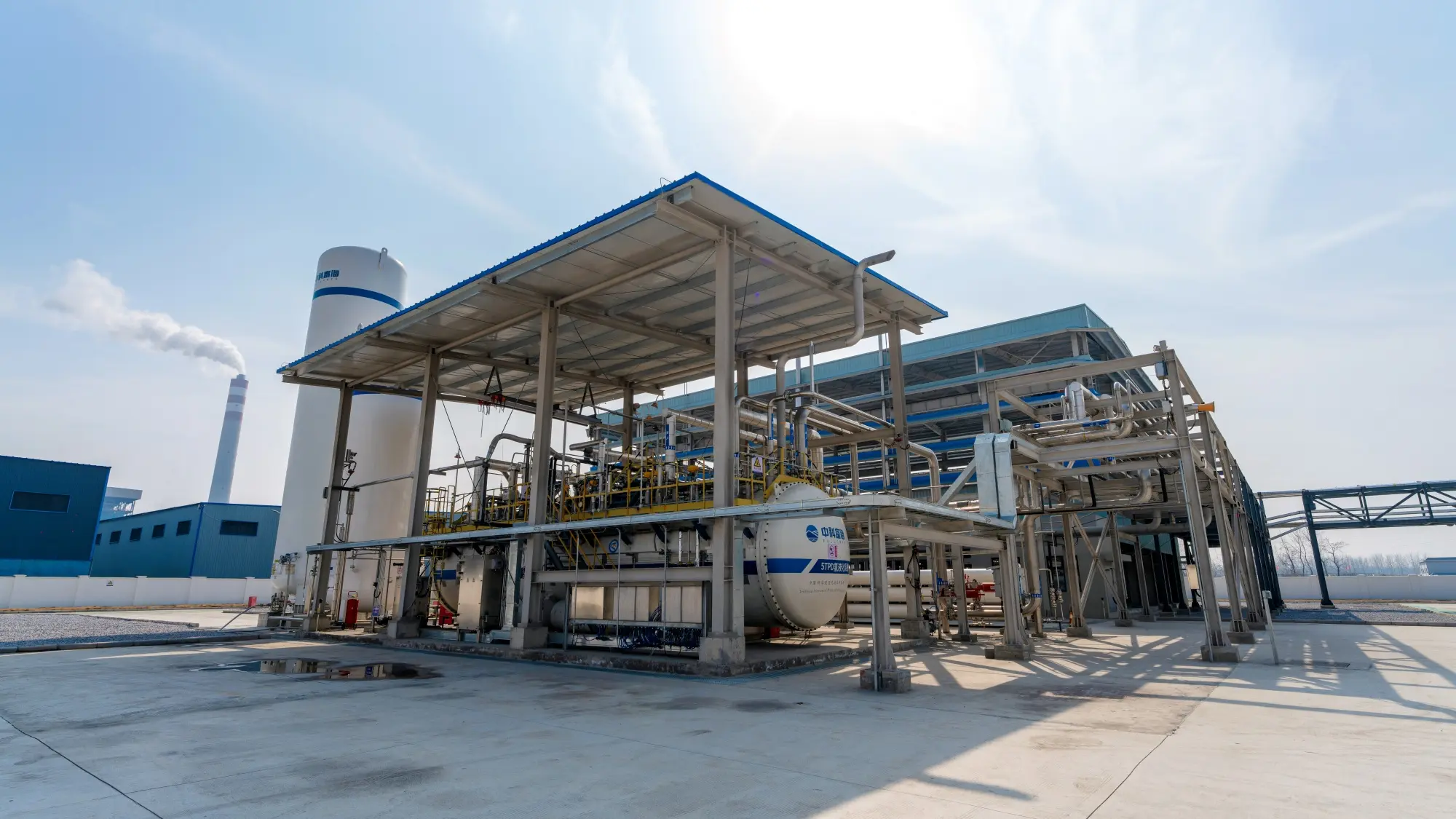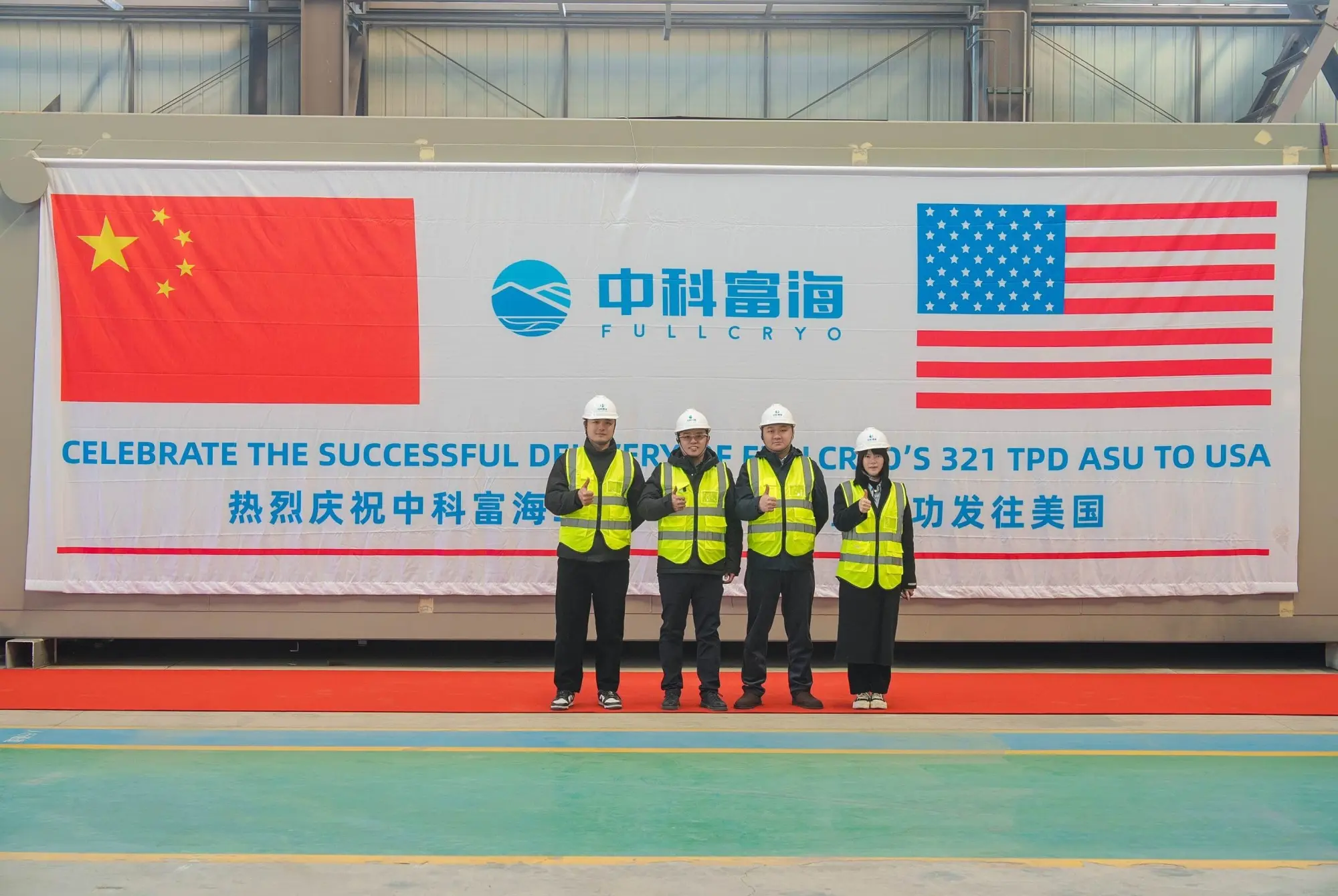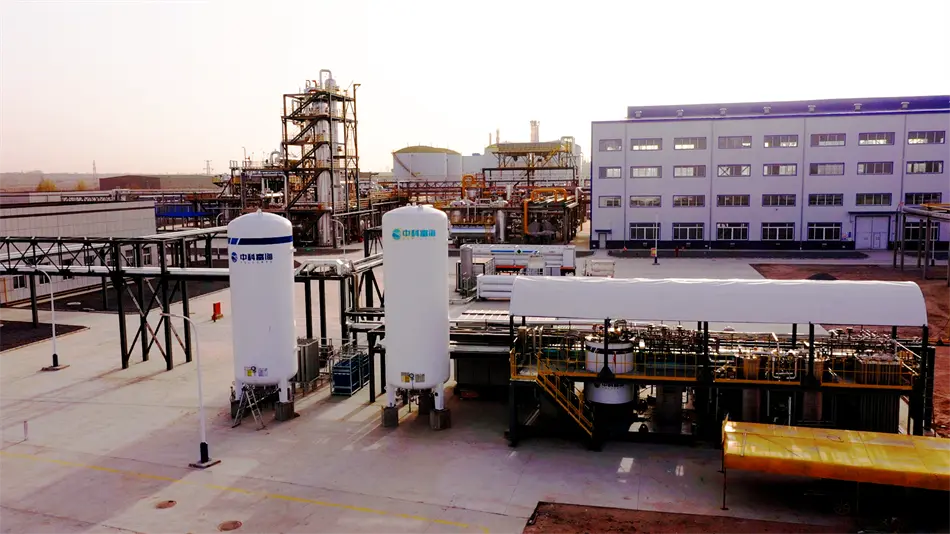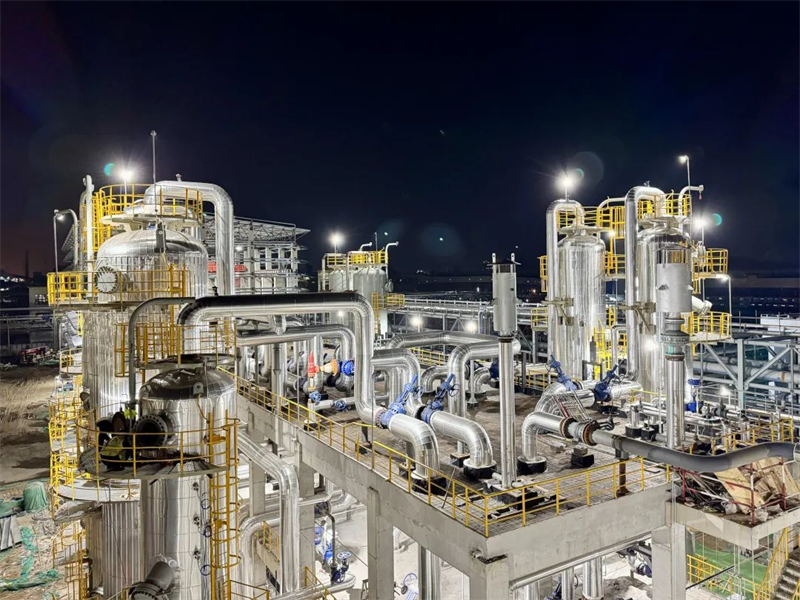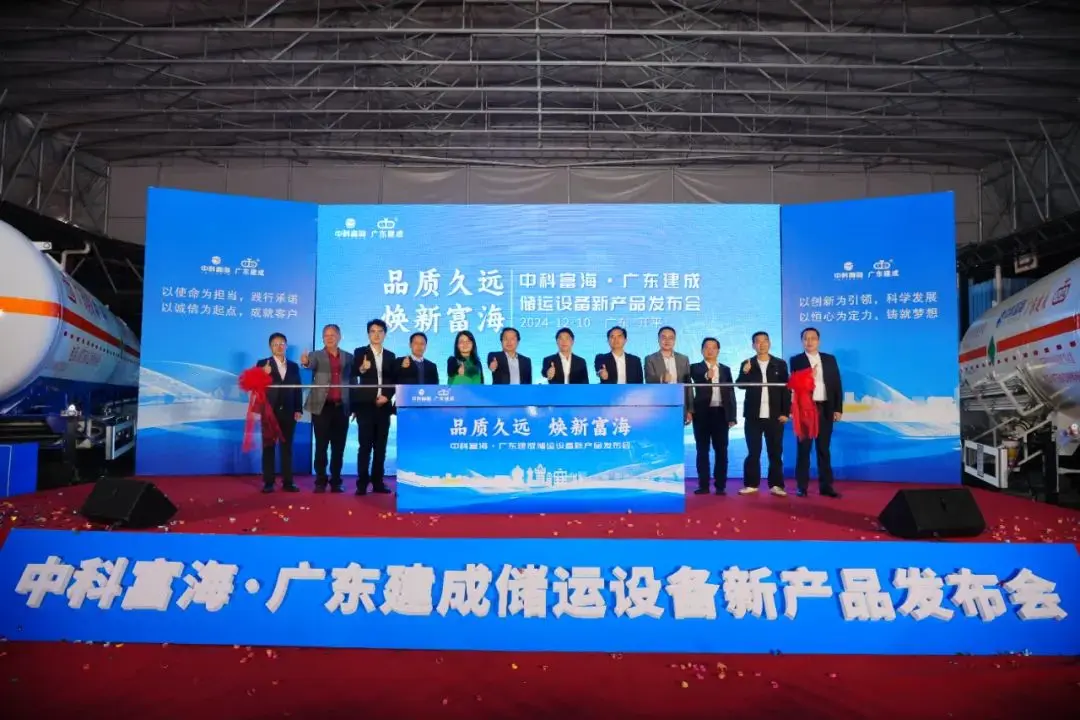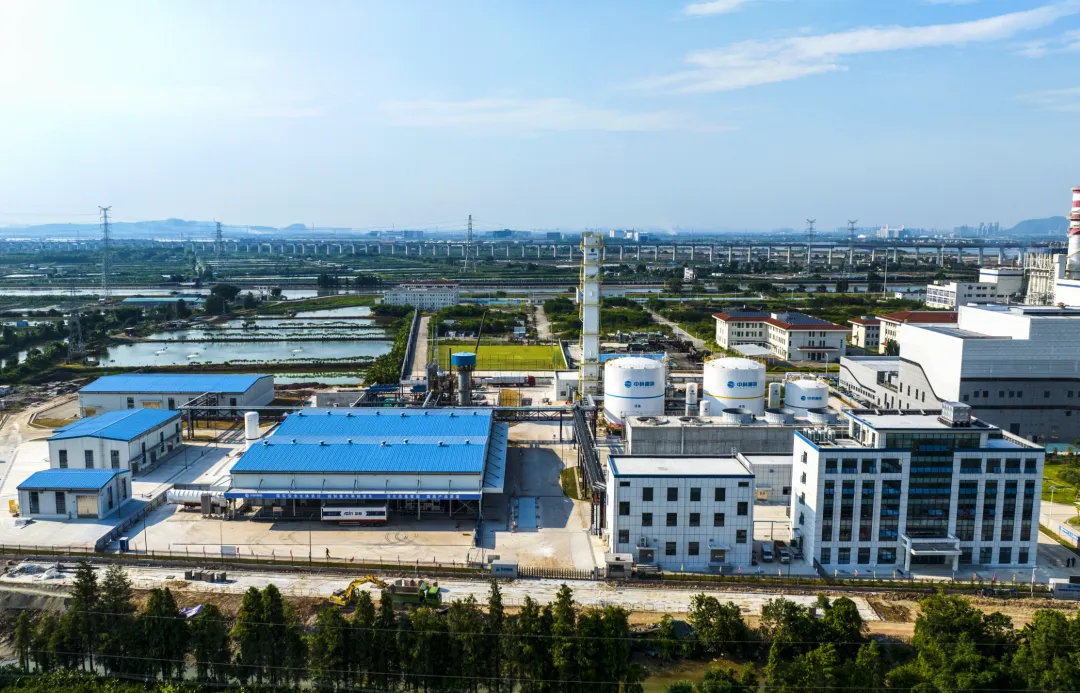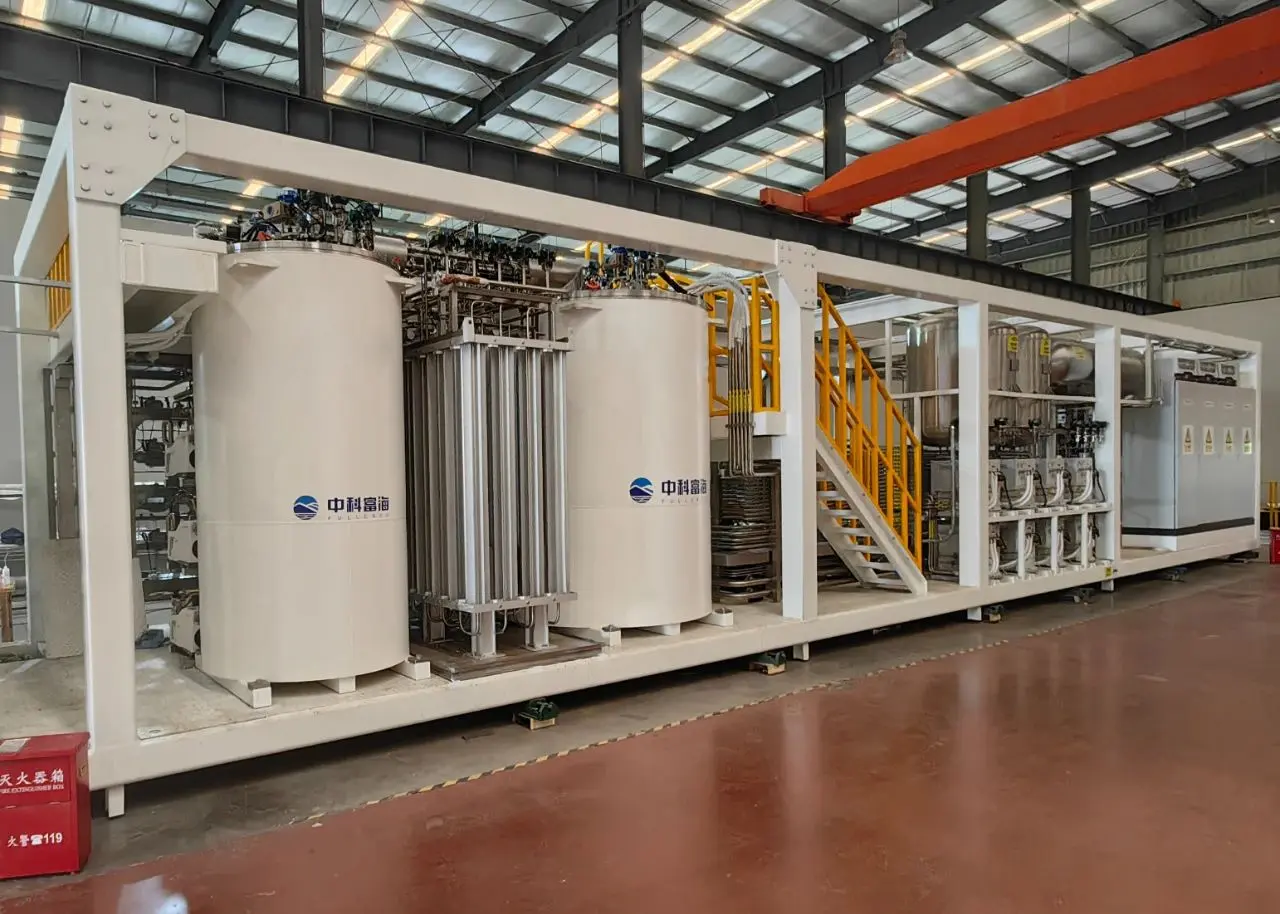Fullcryo Participated In ICEC29-ICMC 2024
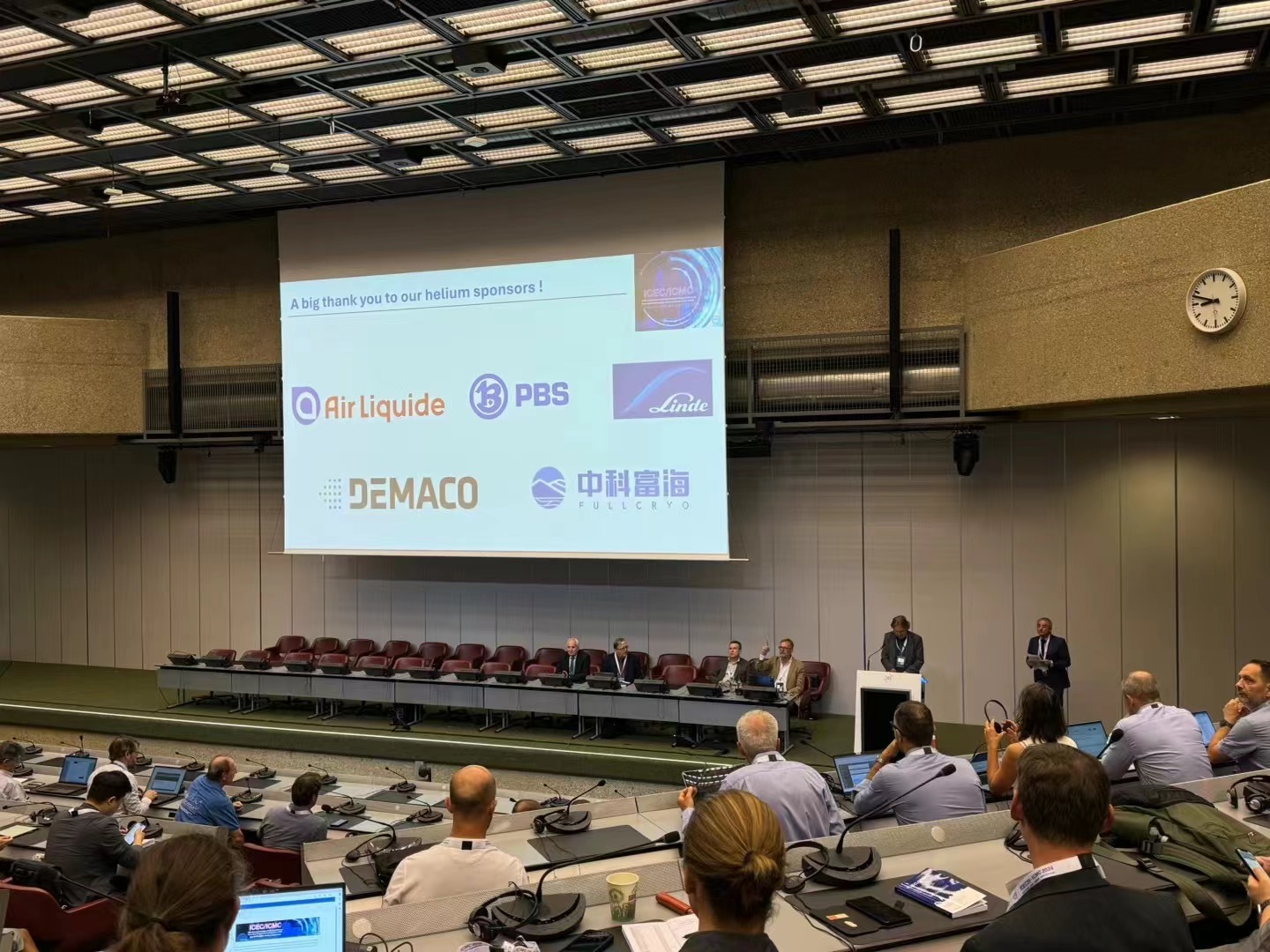
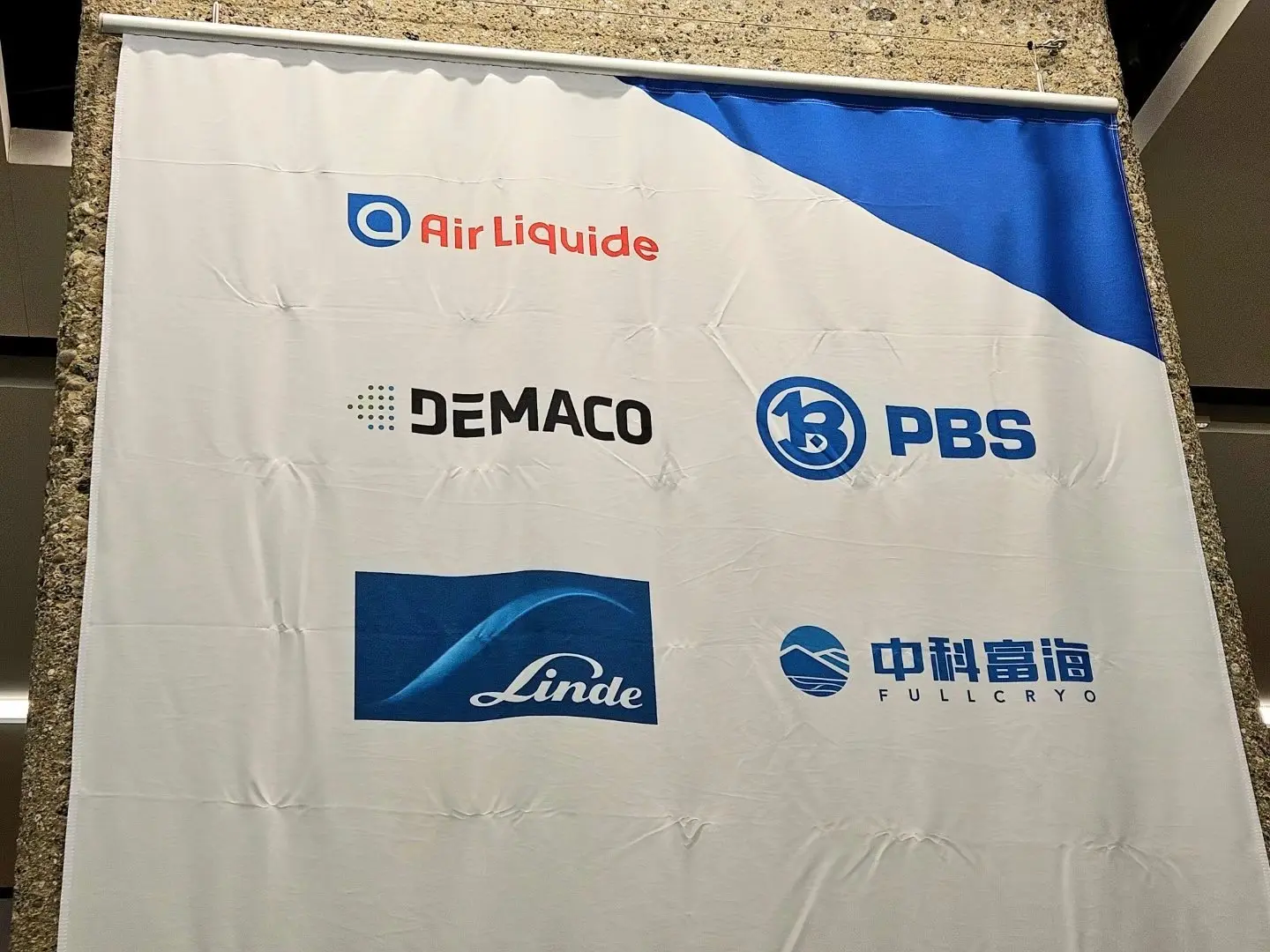
The meeting site
From July 22 to 26, 2024, the 29th International Cryogenic Engineering Conference and International Cryogenic Materials Conference (ICEC29-ICMC 2024) were successfully held in Geneva, Switzerland. The ICEC-ICMC is the largest and most influential series of international conferences in the cryogenic field. Held biennially, these conferences aim to provide an academic exchange and display platform for research in cryogenic engineering and materials. The conferences facilitate discussions on the latest advancements in cryogenic engineering and materials and explore new challenges and issues in the field.
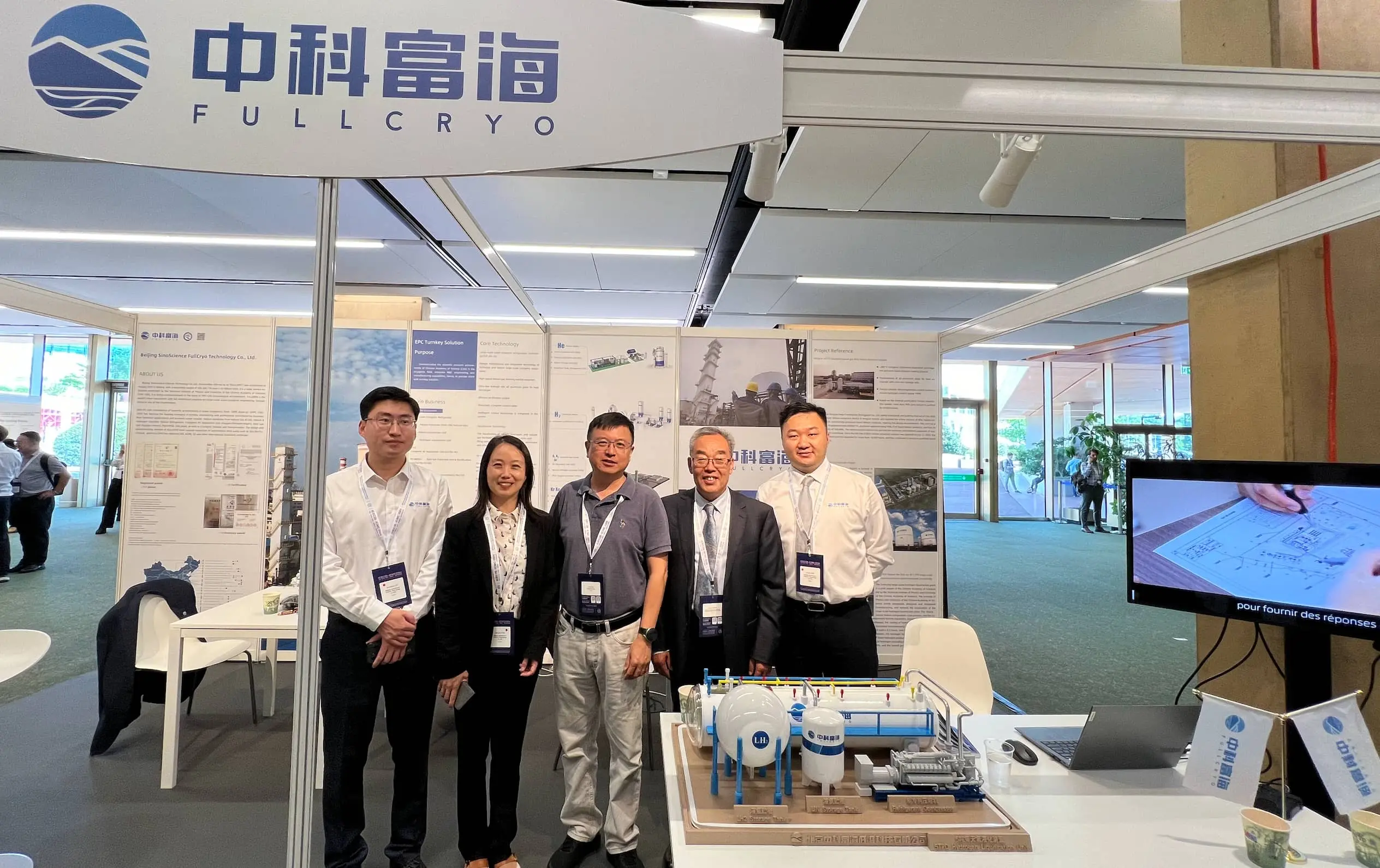
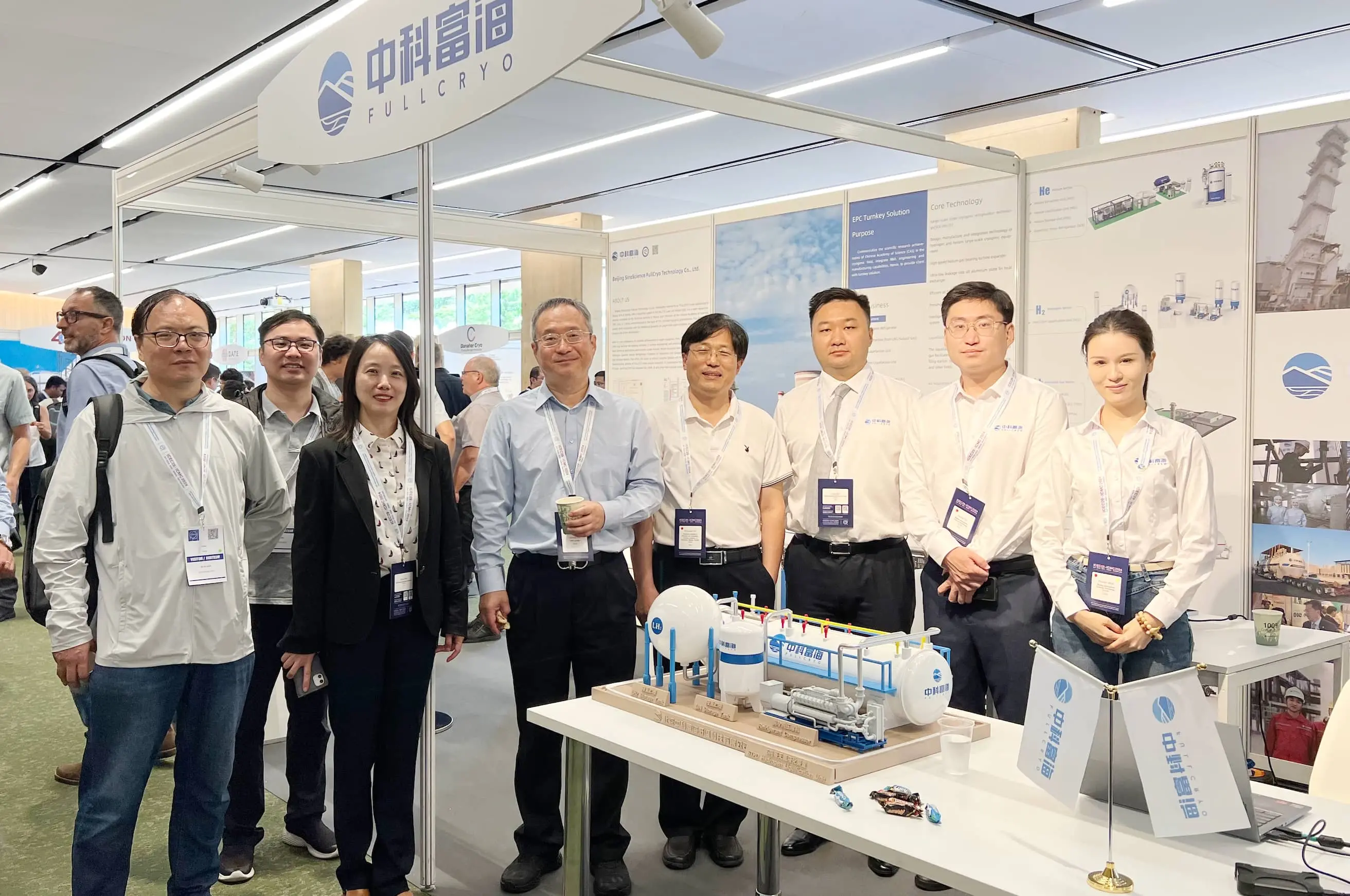
The booth of Fullcryo
This year's conference attracted over 600 representatives from 32 countries. The themes covered many topics, including large cryogenic systems and engineering, Cryogenic Refrigerators, cryogenic thermal property measurements, and cryogenic superconductivity. Beijing Sinoscience Cryogenic Technology Co., Ltd. (referred to as "Fullcryo") participated in this grand event, showcasing and sharing their technological achievements and industry applications in domestic large cryogenic refrigeration equipment and cryogenic engineering.
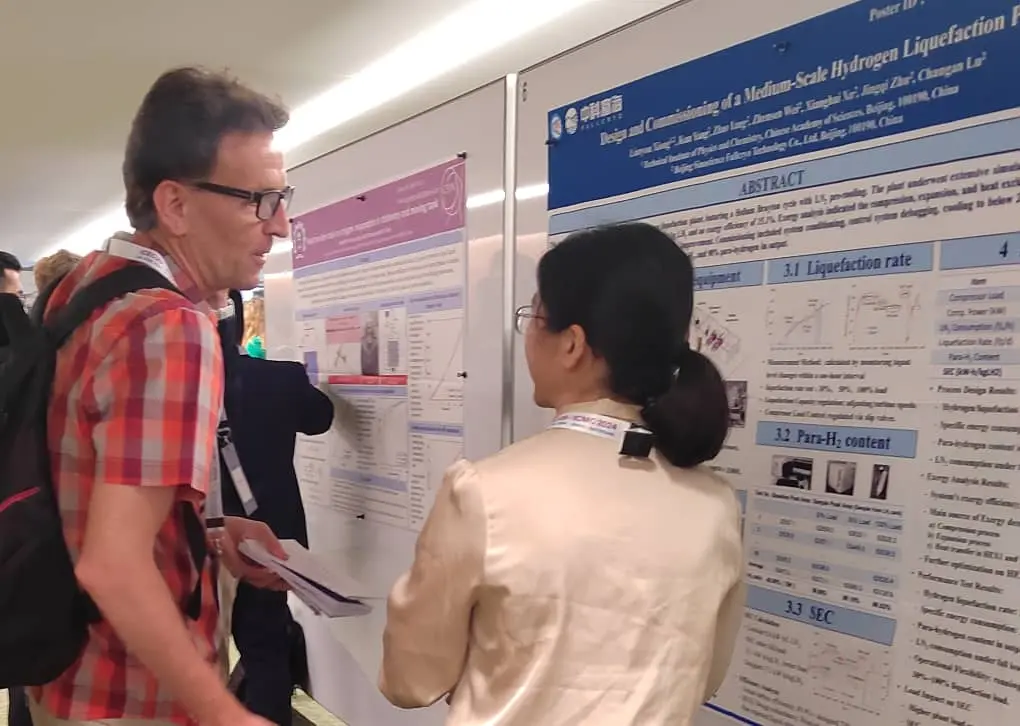
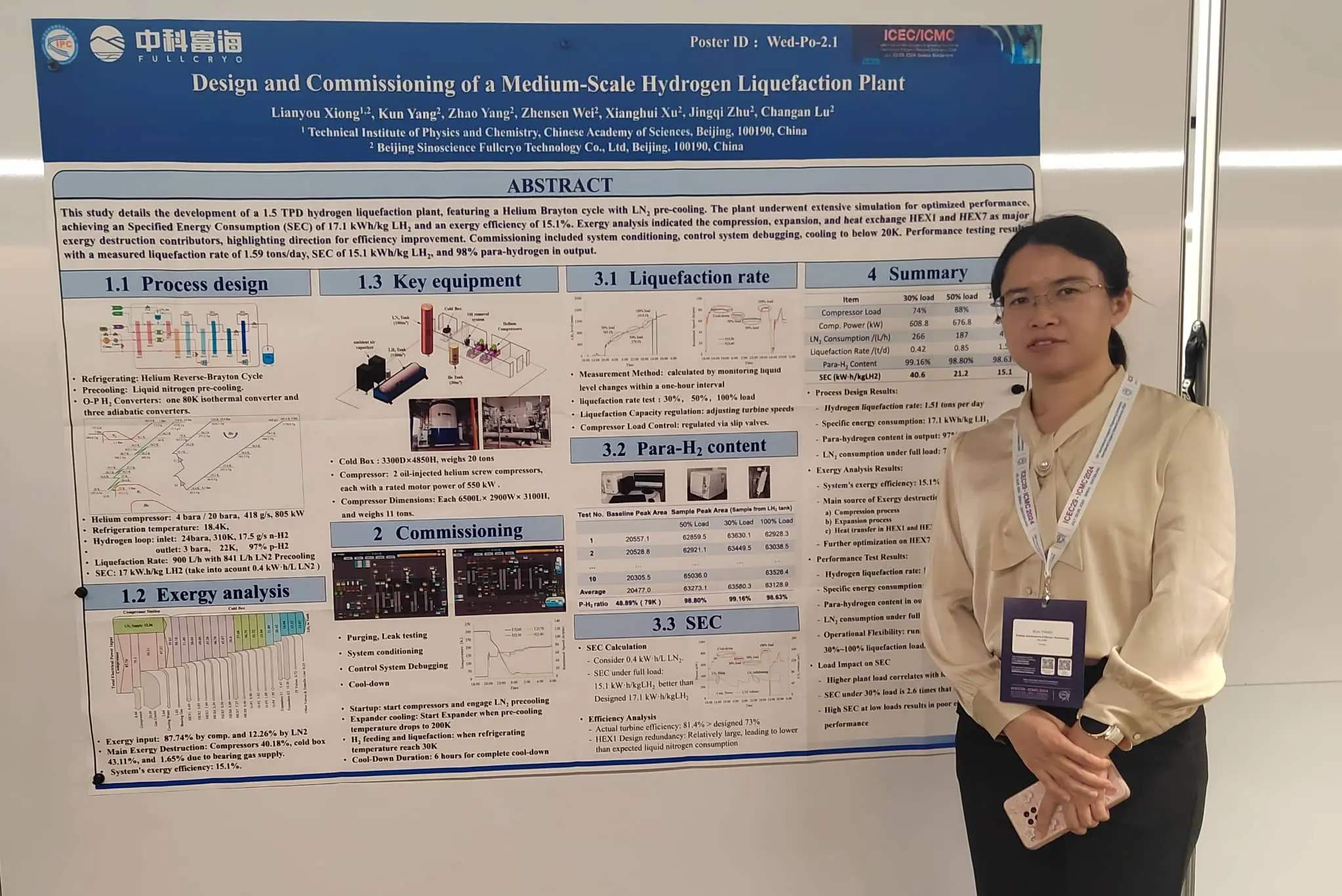
Fullcryo paper poster display
Fullcryo showcased its core large-scale hydrogen and helium cryogenic refrigeration equipment, liquefied Natural Gas Helium Extraction system solutions, large-scale hydrogen liquefaction devices, and hydrogen storage and transportation systems at this conference. They fully demonstrated China's technical strength and product applications in independently developing large-scale cryogenic refrigeration equipment, receiving unanimous praise from industry representatives.
Yang Kun, Deputy Director of Fullcryo’s Technology Center, presented a poster titled "Development and Commissioning of a Medium-Sized Hydrogen Liquefaction Device." The poster showcased the strength of large-scale cryogenic refrigeration equipment from multiple perspectives, including technical principles, performance testing, and engineering progress. The 1.5 TPD (tons per day) medium-sized hydrogen liquefaction device utilizes helium reverse Brayton refrigeration cycle technology. This device has passed expert technical appraisal, and on-site measurements indicate that the entire hydrogen liquefaction system consumes 12.1 kW·h of electricity per kilogram of liquid hydrogen, with a comprehensive unit energy consumption of 15.1 kW·h per kilogram of liquid hydrogen (including liquid nitrogen precooling losses). The ortho-hydrogen concentration in the liquid hydrogen product reaches 98.6%, and the liquefaction rate is 1.59 TPD.
Additionally, the first domestically produced large-scale hydrogen liquefaction device with a capacity of 5 tons per day, developed jointly by Zhongke Fuhai and the Institute of Physics and Chemistry, has successfully produced liquid hydrogen. The ortho-hydrogen content is 98.66%, and the comprehensive unit energy consumption is 12.98 kW·h per kilogram of liquid hydrogen (including liquid nitrogen precooling losses), achieving a low energy consumption level comparable to international hydrogen liquefaction devices of similar scale.

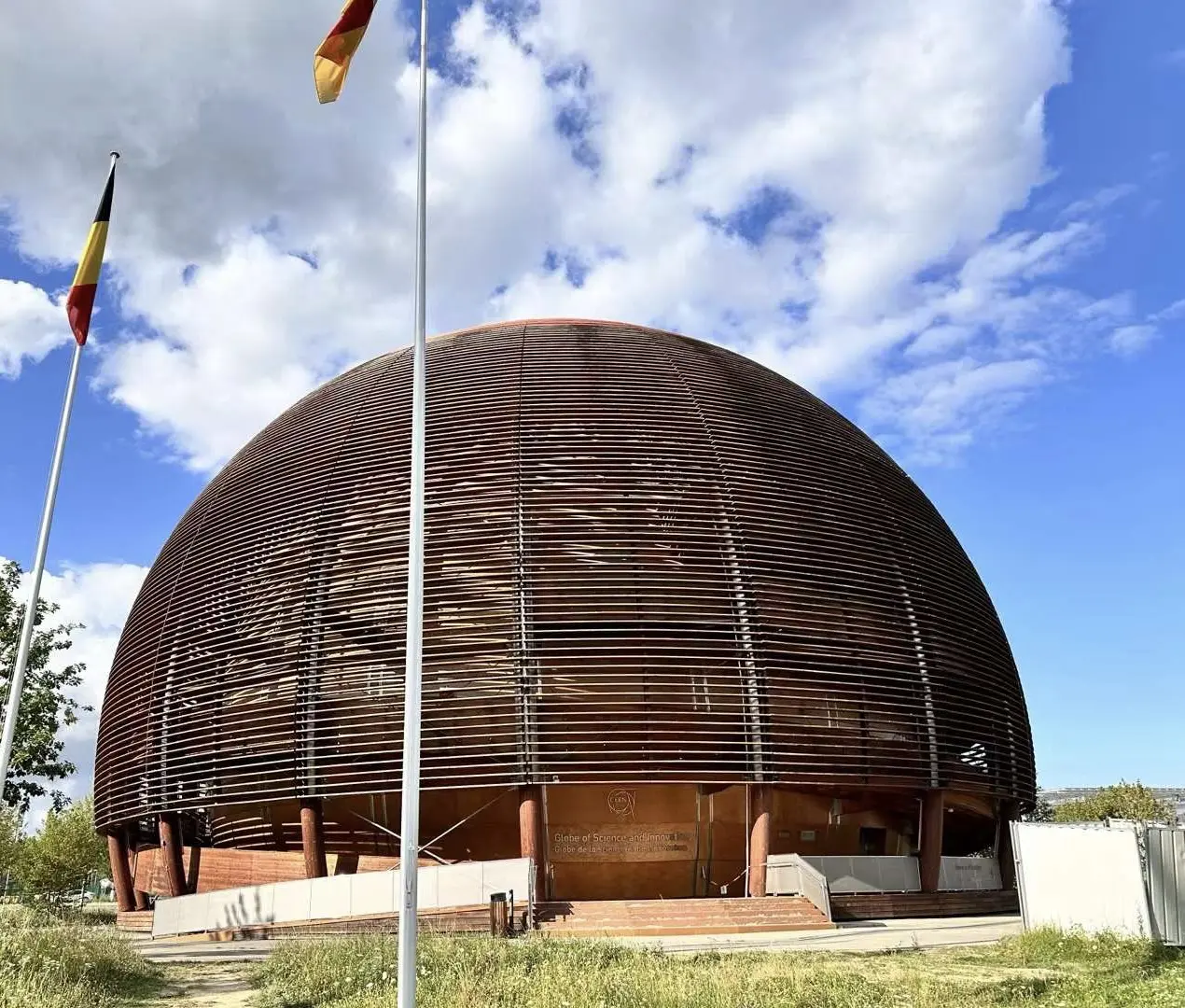
European Center for Nuclear Research (CERN)
During the conference, participating experts and scholars visited the European Organization for Nuclear Research (CERN), the world's largest particle physics research institution. Established in 1954, CERN is located northwest of Geneva, Switzerland. CERN is renowned for its Large Hadron Collider (LHC), the world's most powerful particle collider. Cryogenic systems play a crucial role in particle physics experiments, primarily for cooling the superconducting magnets in particle accelerators. The superconducting magnets in the LHC rely on advanced cryogenic systems to maintain their efficient operation.
Fullcryo's independently developed domestic large-scale hydrogen and helium cryogenic refrigeration equipment has been successfully applied in various fields such as aerospace, hydrogen energy, large scientific installations, and helium resource development. Since its establishment in 2016, the company has provided over ten sets of large-scale refrigeration equipment, including 200W, 400W, 500W, 850W, 1kW, 2kW, and 4kW systems. These have been successfully applied in major scientific engineering projects such as linear superconducting accelerators, high-intensity heavy ion accelerators (HIAF), accelerator-driven subcritical systems (CIADS), and particle accelerators.
Fullcryo remains committed to "ensuring the autonomy and control of the nation's cryogenic environments, green energy, strategic resources, and industrial gas supply." They aim to provide green, efficient, safe, and reliable cryogenic equipment and gas products, thereby offering essential support for the construction of large scientific engineering infrastructure and the future development of the hydrogen energy industry in China and globally.
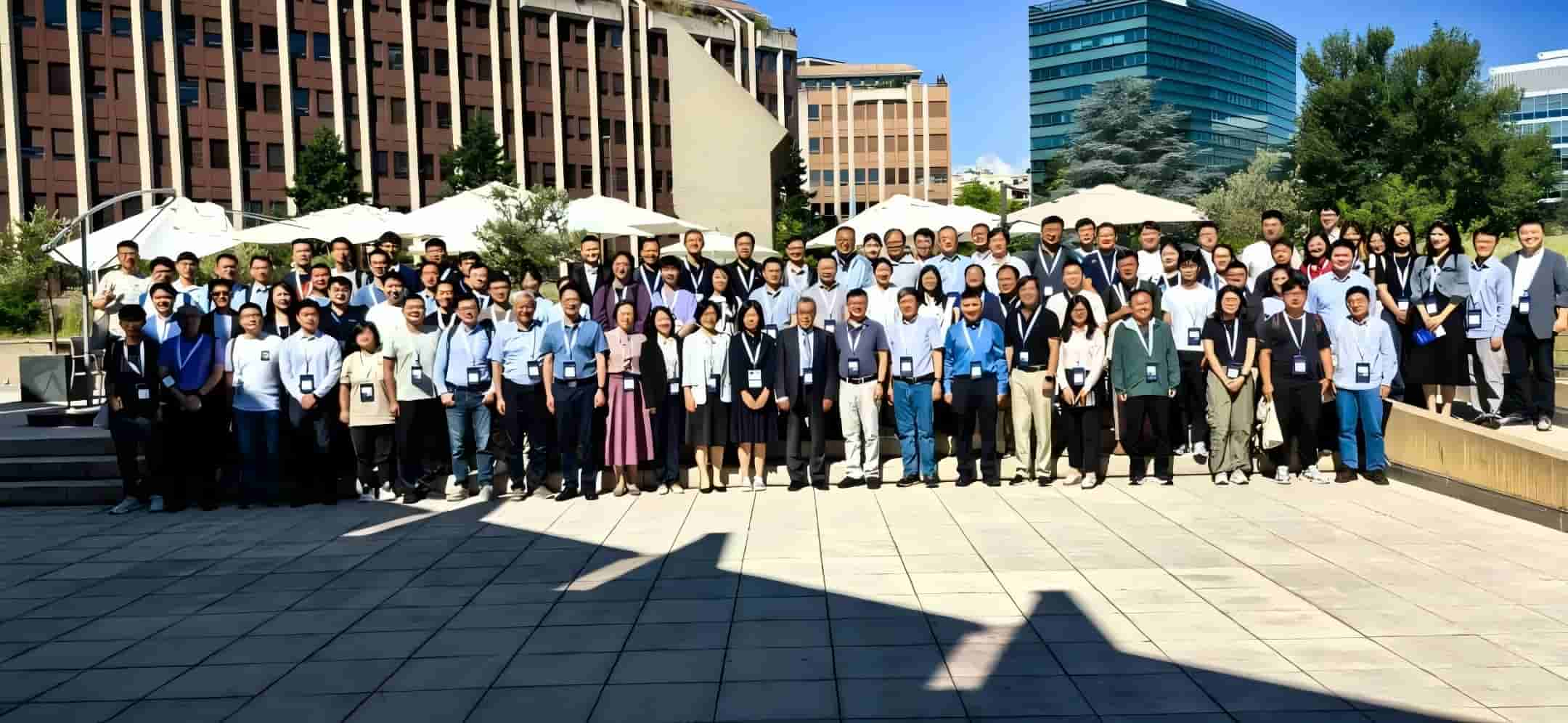
The Chinese delegation took a group photo


